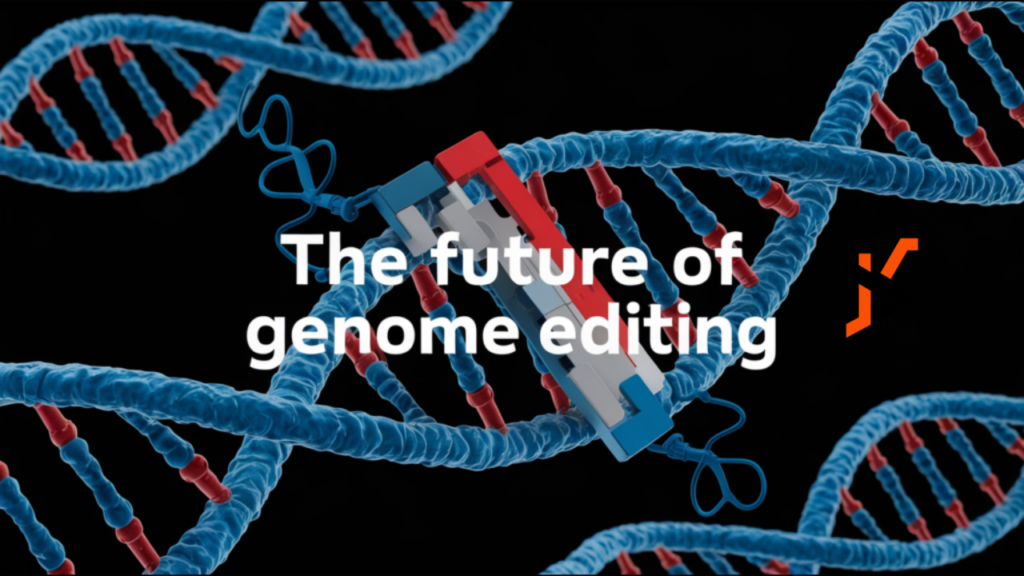As we stand on the brink of a medical revolution, gene editing technologies are reshaping our approach to treating diseases and improving human health. This transformation promises to bring personalized medicine to new heights, potentially eliminating genetic disorders and revolutionizing therapeutic approaches.
Advancing Gene Editing Platforms: From piggyBac to Modern Solutions
The evolution of gene editing has seen remarkable progress since the development of the gene editing platform from piggyBac. This platform allowed scientists to modify genes with higher precision than previous methods, setting the foundation for modern editing tools. Today’s platforms offer even greater accuracy, enabling researchers to target specific genetic sequences with minimal off-target effects.
Applications in Disease Treatment
Gene editing has transformed cancer treatment through CAR-T cell therapy, where immune cells are modified to target specific cancer types. Scientists can now enhance T-cells’ ability to recognize cancer markers, creating more effective immunotherapies. This approach has shown remarkable success in blood cancers, with ongoing research expanding into solid tumors.
- Clinical trials show over 80% remission rates in certain leukemia patients treated with gene-edited CAR-T cells
- New developments allow for “off-the-shelf” CAR-T cells, making treatment more accessible and cost-effective
- Gene editing enables T-cells to resist cancer’s immunosuppressive effects
Genetic Disorder Correction
Direct genetic modification offers hope for inherited diseases. Editing tools can repair or replace faulty genes responsible for conditions like sickle cell disease, cystic fibrosis, and muscular dystrophy. Early clinical trials demonstrate promising results in treating beta-thalassemia and other blood disorders.
Viral Disease Prevention
Gene editing provides new approaches to viral resistance. By modifying CCR5 receptors, researchers can potentially create HIV-resistant cells. Similar strategies are being developed for other viral diseases, offering long-term protection through genetic modification.
Metabolic Disease Treatment
Editing genes involved in metabolism opens new treatment avenues for conditions like diabetes and obesity. Modifications can enhance insulin production or improve metabolic regulation, potentially offering long-term solutions rather than symptom management.
Neurological Disease Approaches
For conditions like Alzheimer’s and Parkinson’s, gene editing enables:
- Correction of disease-causing mutations
- Introduction of neuroprotective factors
- Modification of cells to better support neural function
- Creation of more accurate disease models for research
Clinical Implementation and Patient Care
Healthcare delivery is evolving to accommodate gene editing therapies. Hospitals are developing specialized genetic medicine units, while medical professionals undergo training in genetic counseling and therapy administration. This shift requires new infrastructure and protocols to ensure safe and effective treatment delivery.
Ethical Considerations and Access
The advancement of gene editing raises important questions about equitable access and ethical implementation. Healthcare systems must balance innovation with responsibility, ensuring these breakthrough treatments reach those who need them while maintaining strict safety standards and ethical guidelines.
Economic Impact on Healthcare Systems
Gene editing technologies are reshaping healthcare economics. While initial treatment costs are high, long-term savings could be substantial as one-time treatments replace lifetime medication regimens. Insurance companies and healthcare providers are developing new payment models to make these treatments more accessible.
Future Prospects and Integration
As gene editing techniques become more refined, we can expect to see:
- Integration with artificial intelligence to improve targeting accuracy
- Development of more affordable treatment options
- Expansion into preventive medicine
- Combination with other emerging technologies like tissue engineering
Gene editing represents a paradigm shift in medical treatment, offering hope for previously untreatable conditions. As technology advances and becomes more accessible, it will fundamentally transform healthcare delivery, making personalized genetic medicine a standard part of medical care. Success will depend on careful navigation of technical, ethical, and economic challenges while ensuring equitable access to these revolutionary treatments.

